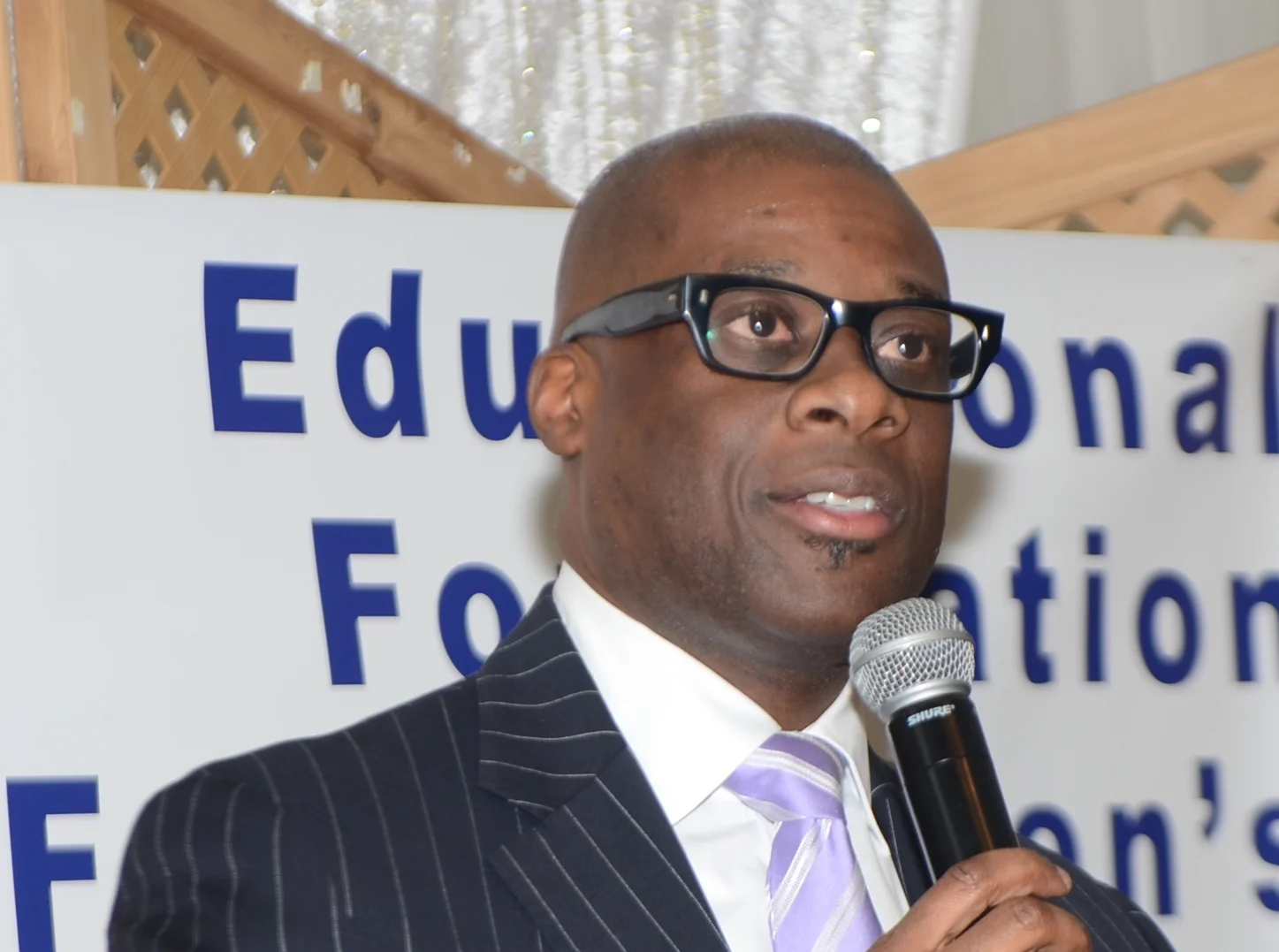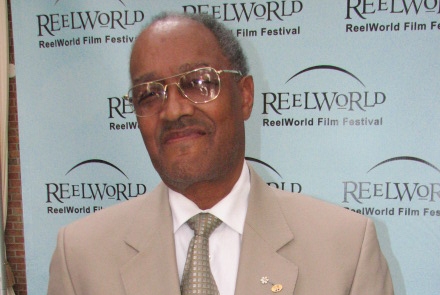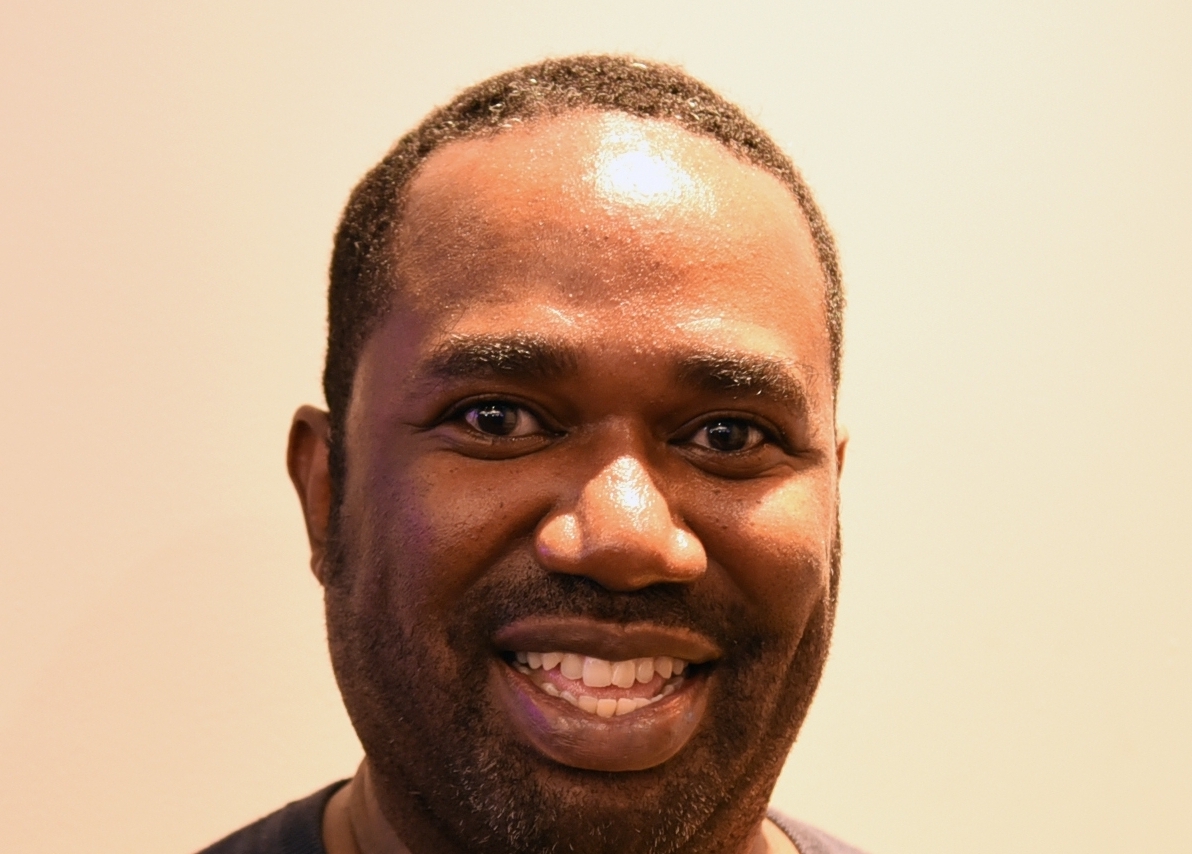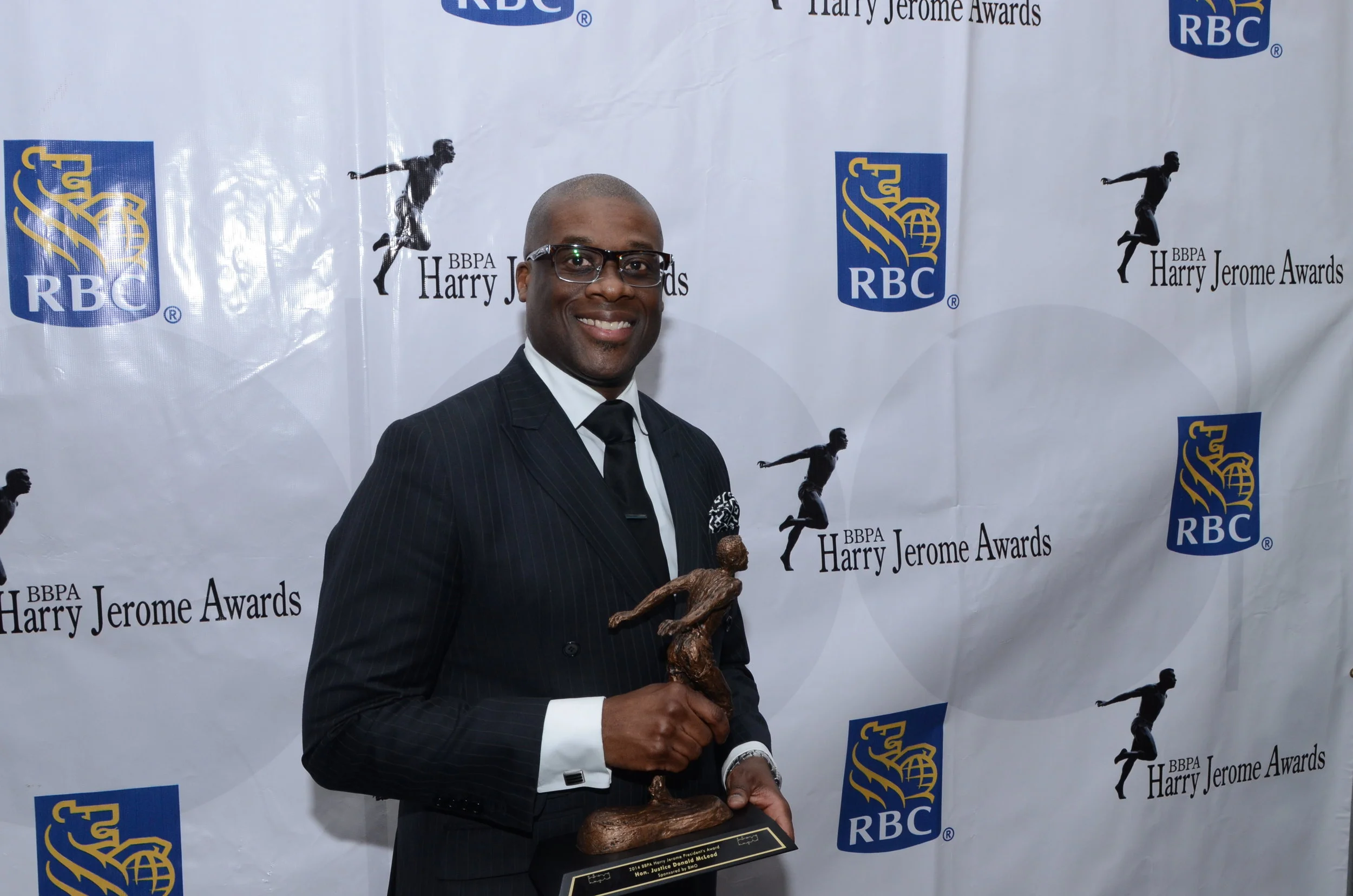Federation of Black Canadians launched at national summit
December 14, 2017
Five months pregnant and looking forward to raising a third child, 35-year-old Rochelle Bobb’s life was snuffed out by gunfire while she was returning home from a basketball game in May 2016.
Her son, who was born four months premature because of the shooting, died three weeks later.
This tragic act of gun violence in the city resonated with provincial court judge Donald McLeod who was a classmate of Bobb’s aunt.
Raised in public housing without a father, McLeod – who failed every subject in Grade Four, including gym, took general courses in Grade 10 and ended up at McMaster University because ‘the name sounded good’ -- invited 37 people in the community, some of whom he didn’t know, to a meeting about 18 months ago.
“Those that weren’t on the list weren’t shunned,” he said. “It’s just because I didn’t know you or I didn’t know you well enough to trust you. As a sitting judge, if I brought someone that I didn’t know or trust could compromise my money. I had to make sure I understood who was going to be in that room.”
Months of intense dialogue with Black leaders throughout Canada, Prime Minister Justin Trudeau and other high-ranking provincial and federal officials resulted in the national non-profit Federation of Black Canadians (FBC) launched last week at the three-day National Black Canadians Summit at the Toronto Reference Library.
“When I was younger, I often heard the narrative, ‘We can’t get along as a community, we are disjointed, we are fractured, the big West Indian islands can’t deal with the small West Indian islands, little England can’t deal with the Trinidadians, continental Africans refuse to work with those from the Caribbean, Scotians versus West Indians and Francophones versus English-speaking’, McLeod pointed out. “The narrative was filtered down through generations.
“Well today, I speak against the false narrative. Today, I constitute a new season. Many in this room have either been here or born here. Many in this room can point to their place in this country for generations. Many in this room know this country more intimately than the places of their parents’ birth. Truth be told, we are more unified now than we have ever been. We are not unified by a common language, by a religion, by a country or by a zip code. I am suggesting to you that our unity is in our Blackness and it is that Blackness that defines.”
Out of the first meeting to discuss escalating gun violence in Toronto emerged 13 areas of concern, ranging from poverty and education to mental health and criminal justice reform.
A working group with experts in the various fields was established.
“Some people said we were elitist, but we had someone in that room that was in prison for eight years,” said McLeod who is the FBC chair. “That was the best person to tell us about corrections.”
Following meetings with Members of Parliament Marco Mendicino, Adam Vaughan and Ahmed Hussen who wasn’t a federal minister at the time, McLeod flew to Ottawa to meet with Public Safety Minister Ralph Goodale and other high-ranking officials.
“This is something different for someone that is a judge because judges aren’t necessarily expected to do that,” he said. “But I am a judge from a neighbourhood that most people aren’t from. It’s incumbent on us to ensure that no matter where you are in life and how far you think you have gotten, that in reality you should know that you are nowhere. Sometimes, we put reputations above where we are.”
After the high-level gathering in the nation’s capital, the judge – who grew up in a cockroach infested Regent Park apartment and was forced to sleep with the oven door open in winter to stay warm -- received a call from Ottawa indicating they would prefer the initiative to be national.
“I called friends of mine in various provinces and that is how we have a national group and we came up with the name, ‘Federation of Black Canadians’, that started to liaise with the federal government” said McLeod. “We are teaching them and not lobbying them and, I think, that’s a paradigm shift. I am not coming there to beg you for things. I am telling you what’s wrong. We are letting you know what the issues are and where the gaps are. We didn’t come here to shake your hands and say we are going to make sure we are behind you the next time around. We are coming to tell you what’s wrong based on what we have seen.”
A meeting at Ryerson University last May with Gerald Butts – the senior political advisor to the PM – led to an audience a month later with Trudeau in the presence of his staffers and members of the Black Caucus.
“We started the meeting in French because we wanted the Prime Minister to understand we are a national organization,” said McLeod. “We also started by recognizing the distinctiveness of our community which comes out of Nova Scotia. So we let the Prime Minister know that Nova Scotia, where we are concerned, is a very important aspect in the Black community in this country.”
The FBC is registered in Nova Scotia with the address being attributed to the Black Cultural Centre.
“The reason for that is we have to be purposeful and intentional in all of the things that we do and how we do them,” McLeod, who founded and chairs 100 Strong, an initiative to fund a summer school program for 12 and 13-year-old Black boys and co-chairs Stand-up which is a mentorship program for Grade Seven and Eight boys, the majority of whom reside in designated priority neighbourhoods, noted.
Tony Ince, Nova Scotia’s Public Service’s Commission and African Nova Scotian Affairs Minister, led a delegation of about 20 from the province that attended the summit.
“Having the federation headquartered in Nova Scotia is recognition that we are Canada’s largest indigenous Black population,” he added.
The provinces will elect their chairs who will sit on the FBC which also launched its website, www.fbcfcn.ca, last week.
McLeod said the organization has the blessings of community elders, including Howard McCurdy who was the first tenured Black faculty member in Canada and the New Democratic Party’s first Black Member of Parliament.
The Order of Ontario holder was the first president of the National Black Coalition of Canada (NBCC) formed in 1969 a few months after Canada’s largest student occupation at Sir George Williams University (now Concordia University).
The organization collapsed 15 years later because of internal and community challenges.
McLeod, who has used his own money to go to the provinces to sell the FBC, is optimistic that the organization will succeed where others have failed.
“Although we are tired, there well may be a moment right now, not because of the people that are leading this, but because of the season which may be right,” he added. “The moment may very well have opened up and allowed us an opportunity to be able to walk through. It has nothing do with the steering committee or me because, clearly, there are others that have come before with organizations very similar. The NBCC is the exact same organization as this one. In respect of the ancestors and elders, I spoke to Howard McCurdy and asked him for his advice. I also spoke to Jean Augustine, Juanita Westmoreland-Traore and Senator Wanda Bernard because, I believe, that our elders have much to teach us.”
Just days before the appointment with the PM, McLeod met Peter Flegel -- the Michaelle Jean Foundation (MJF) programming & development director, -- for the first time. When told of last week’s summit, the decision was taken for the FBC to join forces with the MJF.
“We believe that we have to be more inclusive rather than exclusive, so if we are doing things towards the same common ground, then we should continue to do that” he said.
Ontario Black History Society president Natasha Henry supports the establishment of the FBC.
“The federation is needed because it speaks to the shared, borderless experiences of Black people in Canada,” she said. “A national organization has the potential to strengthen the collective voice of Black Canadians who have been challenging and speaking out against anti-Black racism and who have been advocating for policy changes in different areas to have broader influence and impact.”
Organized by the MJF, the FBC and the Toronto Public Library, the three-day summit brought delegates from across Canada.
Flegel said the impetus for the event came from Black youths that the MJF has worked with since 2014.
“It started with the idea of opening the spaces of our public cultural institutions to the incredible creativity, ingenuity and talent of Black youths,” he said. “We called the Montreal Museum of Fine Arts and asked why they had never had an exhibition of Black Canadian artists. Why not open up your space so that the youth can not only showcase their talent, but tell the invisible stories that are at the heart of the Black experience in Canada?”
The museum acquiesced and featured the work of Black artists for three months. The Art Gallery of Ontario and other museums in Canada did the same thing.
“What emerged was the desire for a national gathering where people would have an opportunity not only to share best practices and network, but to take it a step further and begin working on a national strategic action plan,” Flegel, a Haitian-born former orphan and classically trained pianist, said. “The need for a national advocacy organization that can represent the interests and needs that are diverse of Black Canadians across the country also came out. Those were the mandates that the young people gave us.”






